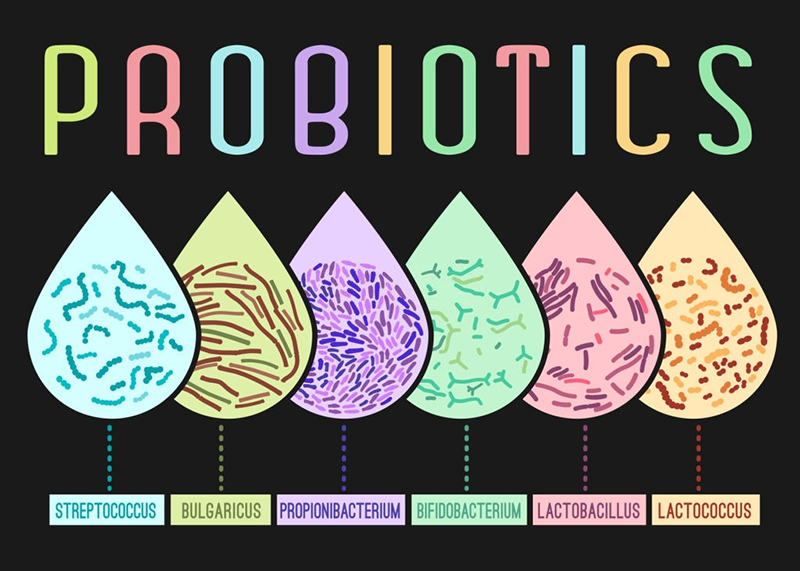Debunking the Top 5 Myths About Probiotics and Your Digestive System
Probiotics are live microorganisms that can provide health benefits when consumed in the right amounts. They can help balance the gut microbiome, aid in digestion, boost immunity, and more. Unfortunately, there are many myths circulating about probiotics and their effects on the digestive system. In this article, we will debunk the top five myths about probiotics and provide you with the facts you need to make informed decisions about your gut health.
Myth #1: All Probiotics are the Same
Probiotics come in many different strains, and each strain can have different effects on the body. Some strains may be more effective for improving gut health, while others may be more effective for boosting immunity or reducing inflammation. When choosing a probiotic supplement or food, it’s important to consider the specific strains and their intended health benefits.
Myth #2: More Probiotics are Always Better
While it’s true that probiotics can provide health benefits, it’s important to consume them in the right amounts. Consuming too many probiotics can lead to digestive issues such as bloating, gas, and diarrhea. It’s also important to note that the effectiveness of probiotics can vary depending on the individual and their specific health needs. Consuming more probiotics than necessary may not necessarily provide additional benefits.
Myth #3: Probiotics Only Provide Digestive Benefits
While probiotics are commonly associated with improving digestive health, the benefits of probiotics extend beyond the gut. Studies have shown that probiotics can also help boost immunity, reduce inflammation, and even improve mental health.
Myth #4: Probiotics are Only Found in Supplements
While probiotic supplements are a popular option for those looking to improve their gut health, probiotics can also be found in a variety of foods. Fermented foods such as yogurt, kimchi, and sauerkraut are all rich in probiotics. It’s important to note that not all fermented foods are created equal, and the probiotic content can vary depending on the specific food and how it’s prepared.
Myth #5: Probiotics are Harmless
While probiotics are generally considered safe for consumption, there are some risks to be aware of. Those with weakened immune systems, such as those undergoing chemotherapy or organ transplant recipients, should be cautious when consuming probiotics. There have been rare cases of infections and other adverse effects associated with probiotic consumption in these populations.
It’s important to consult with a healthcare professional before starting any new supplement regimen, including probiotics. They can help determine if probiotics are right for you and recommend the appropriate strain and dosage.
Conclusion
Probiotics can provide numerous health benefits when consumed in the right amounts and strains. However, it’s important to be aware of the myths and misconceptions surrounding probiotics and their effects on the digestive system. By debunking these myths and understanding the facts, you can make informed decisions about your gut health and overall wellness.







